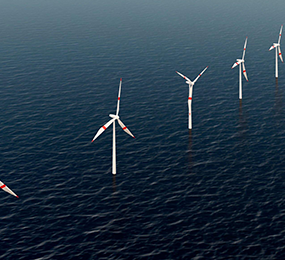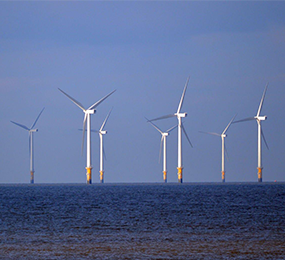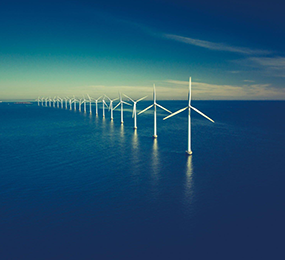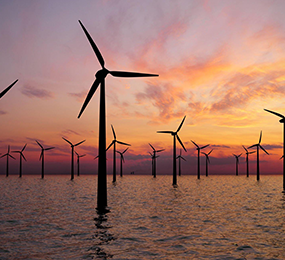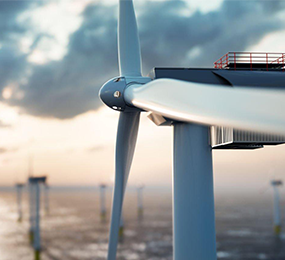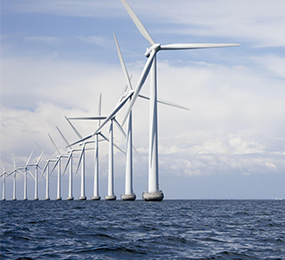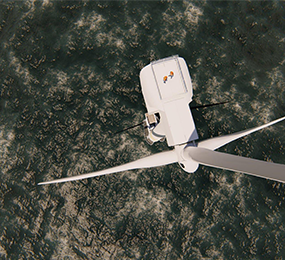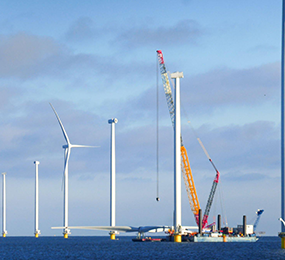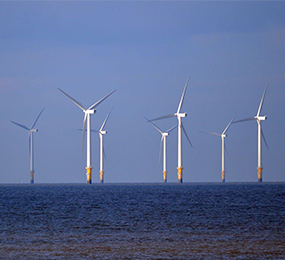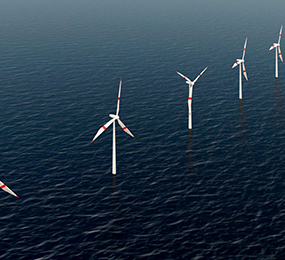The development and deployment of floating offshore wind energy require a robust framework of standards and regulations to ensure safety, efficiency, and sustainability. By providing clear guidelines and requirements, standards and regulations play a vital role in fostering innovation, promoting competition, and protecting the environment.
Safety First: Ensuring Human Life and Environmental Protection
Safety is paramount in the offshore wind industry. Standards and regulations establish guidelines for the design, construction, operation, and maintenance of floating wind farms. These guidelines cover various aspects, including structural integrity, fire safety, emergency response, and environmental protection. By adhering to these standards, operators can minimize risks and ensure the safety of workers and the surrounding marine environment.
Efficiency and Performance: Optimizing Energy Production
Standards and regulations also promote efficiency and performance in floating wind energy. By setting requirements for turbine design, mooring systems, and grid connection, these standards ensure that wind farms operate at their optimal capacity. This not only improves energy production but also helps to reduce costs and increase the competitiveness of floating wind energy.
Interoperability and Standardization: Facilitating Growth
Standardization is essential for fostering innovation and competition within the floating offshore wind industry. By establishing common standards for components, interfaces, and communication protocols, manufacturers and developers can create compatible products and systems. This promotes interoperability, reduces costs, and accelerates the development of new technologies.
Environmental Stewardship: Protecting Our Oceans
Floating wind farms must operate in harmony with the marine environment. Standards and regulations establish guidelines for environmental impact assessments, habitat protection, and monitoring programs. By adhering to these requirements, operators can minimize their footprint on the marine ecosystem and ensure that floating wind energy contributes to a sustainable future.
A Global Framework: International Collaboration
Given the global nature of the offshore wind industry, international collaboration is essential for developing harmonized standards and regulations. Organizations like the International Electrotechnical Commission (IEC) and the International Organization for Standardization (ISO) play a crucial role in developing global standards that are applicable to different regions and markets.
A Foundation for Growth: The Importance of Standards and Regulations
Standards and regulations provide a solid foundation for the development of floating offshore wind energy. By ensuring safety, efficiency, and sustainability, these frameworks create a favorable environment for investment, innovation, and growth. As the industry continues to mature, it is essential to maintain a focus on standards and regulations to ensure that floating wind energy remains a viable and sustainable solution for a clean energy future.
Conclusion
The role of standards and regulations in the development of floating offshore wind energy cannot be overstated. By providing a clear framework for safety, efficiency, and sustainability, these standards foster innovation, promote competition, and protect the environment. As the industry continues to evolve, it is essential to maintain a focus on standards and regulations to ensure that floating wind energy remains a viable and sustainable solution for a clean energy future.
To register or learn more about the Forum please check here: https://www.leadventgrp.com/events/5th-annual-floating-wind-europe/details
For more information and group participation, contact us: [email protected]


